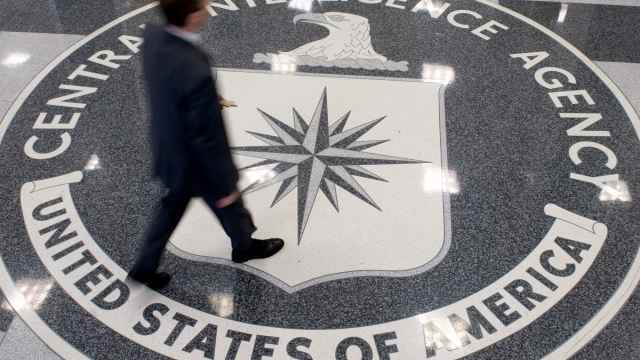LONDON — Billionaires Oleg Deripaska and Michael Cherney reached an 11th-hour settlement in a dispute over a billion-dollar slice of aluminum giant RusAl shortly before they were due to give evidence in a drawn-out London court case.
The case was due to dwell on allegations of broken promises, criminality and mob rule while shining a light on the murky carve-up of lucrative smelters in the “wild east” of post-Soviet Siberia.
“Mr. Deripaska announces that Mr. Cherney’s litigation in London against him has been terminated,” a representative of Deripaska said in a brief statement. “Neither party will be making any further comment in relation to the litigation or matters raised therein.” Cherney’s team released a similar statement.
Cherney — born in Ukraine, raised in Uzbekistan, Jewish by creed and living in Israel since leaving Russia in 1994 — alleged that metals mogul Deripaska reneged on a deal to buy him out of their joint aluminum business, RusAl.
Deripaska, who controls RusAl, denied having any such business relationship with Cherney. He alleged he was the victim of a protection racket Cherney helped orchestrate, an accusation Cherney denied.
Cherney was due to be cross-examined Tuesday via video-link from Israel. An outstanding arrest warrant relating to a separate money laundering investigation prevents him from traveling to London.
Lawyers were intrigued by the last-minute deal.
“It’s interesting that the level of publicity has perhaps focused the minds of both parties on whether or not it is actually worth having their dirty linen washed in public,” said Philippa Charles, a litigation partner at law firm Mayer Brown.
The case hinged in part on what was agreed to in a London hotel 11 year ago.
Cherney and Deripaska agreed that they met at the Lanesborough Hotel on a March morning in 2001, that they signed one document and that Deripaska handed Cherney $250 million. Everything else, even exactly when they first met each other, was disputed.
Deripaska says he made the payment to terminate a krysha arrangement with Cherney, partly because his business was now powerful enough and his security forces strong enough, to confront criminal gangs.
Cherney says he had orally agreed a 50-50 partnership with Deripaska in 1993 that lasted until March 2001. He alleges Deripaska then agreed at the Lanesborough meeting to pay him a preliminary $250 million for his aluminium interests held by Deripaska and also agreed to buy him out of the remainder of his stake within a few years.
Related articles:
A Message from The Moscow Times:
Dear readers,
We are facing unprecedented challenges. Russia's Prosecutor General's Office has designated The Moscow Times as an "undesirable" organization, criminalizing our work and putting our staff at risk of prosecution. This follows our earlier unjust labeling as a "foreign agent."
These actions are direct attempts to silence independent journalism in Russia. The authorities claim our work "discredits the decisions of the Russian leadership." We see things differently: we strive to provide accurate, unbiased reporting on Russia.
We, the journalists of The Moscow Times, refuse to be silenced. But to continue our work, we need your help.
Your support, no matter how small, makes a world of difference. If you can, please support us monthly starting from just $2. It's quick to set up, and every contribution makes a significant impact.
By supporting The Moscow Times, you're defending open, independent journalism in the face of repression. Thank you for standing with us.
Remind me later.





